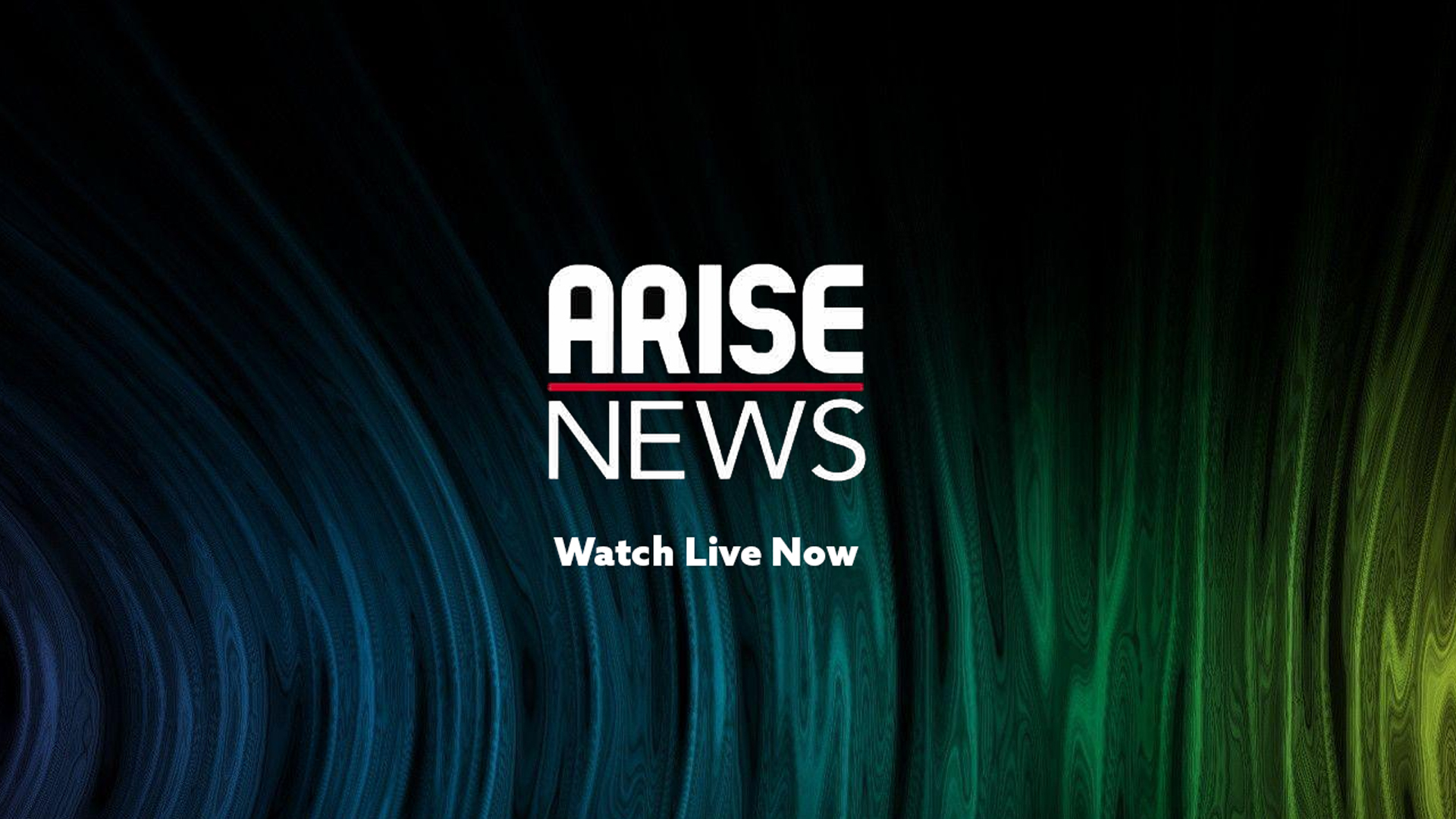The Central Bank of Nigeria (CBN) on Friday said effective February 1, 2022, all import and export operations would require the submission of an electronic invoice (e-invoice) authenticated by Authorised Dealer Banks (ADBs) on the Nigeria Single Window Price Portal – Trade Monitoring System (TRMS).
The apex bank noted that the introduction of the e-valuator and e-Invoice would replace hard copy final invoice as part of the documentation required for all import and export transactions going forward.
The CBN disclosed this in a circular titled:” Guidelines on the Introduction of E-Evaluator, E-Invoicing for Import and Export in Nigeria “, signed by CBN Director, Trade and Exchange Department, Dr. Ozoemena Nnaji and directed to all authorised dealers and the price.
The apex bank pointed out that the new regulation aims to achieve accurate value from import and export items in and out of the country.
The new system will operate on a Global Price Verification Mechanism guided by a benchmark price, the bank explained.
The benchmark price is the actual spot market price obtainable at the time of consummation of invoicing in that market where the goods are traded.
Imports and exports with unit prices that are more than 2.5 per cent of the verified global checkmate prices would be queried and will not be allowed for successful completion of either Form M or Form NXP as the case may be, it added.
The guideline however, provided exemptions from compliance with the new regulation for all individual invoices with a value of less than $10, 000 (or its equivalent in another currency), except where suppliers have an annual cumulative invoicing value equal to or above $500, 000 (or its equivalent in another currency).
Such would be required to submit their invoices regardless of the individual value of an invoice.
Exemptions were also granted to import and export transactions made by all security agencies in the country.
According to the CBN, supplies to diplomatic and consular missions as well as international agencies dependent on the United Nations are further exempted from the regulation, including donations made to foreign governments or international organisations to foundations, charities and recognised humanitarian organisations – and goods directly supplied by a foreign government.
The circular added that fees, where relevant, shall be advised from time to time as the system progresses.
Essentially, the guidelines stipulated that an importer/exporter of goods into Nigeria shall ensure that the purchase/sales contract with a foreign supplier/buyer stipulates compliance with the obligations set out in the regulation and that the supplier’s/seller’s invoice must be submitted in electronic format and authenticated by ADB as part of the documentation for payment.
Among other things, no importer/exporter may effect payment to the credit of any foreign supplier unless the electronic invoice has been authenticated by the ADBs presented together with the relevant documents for payment.
James Emejo in Abuja
Follow us on:

















